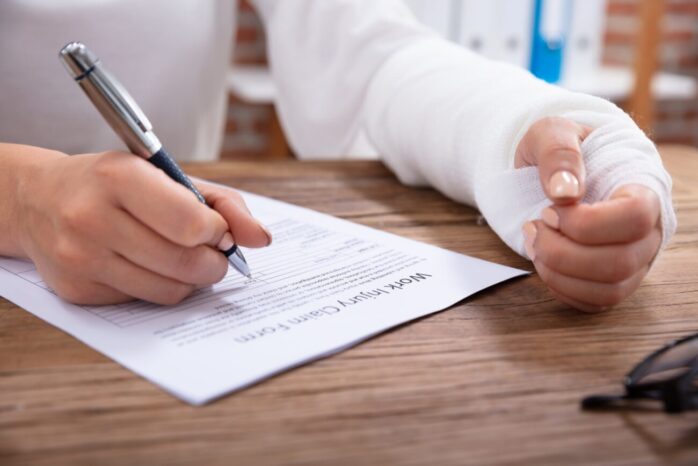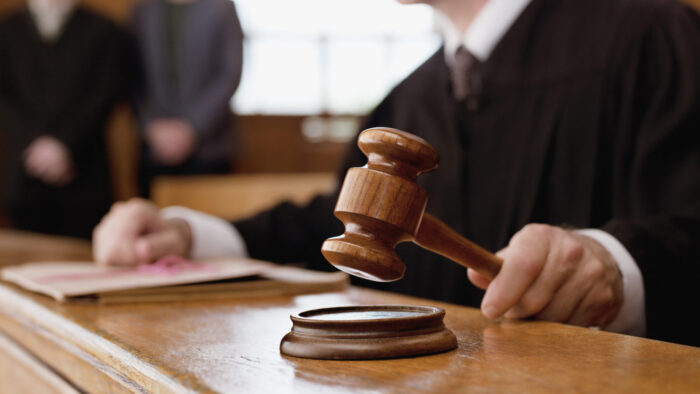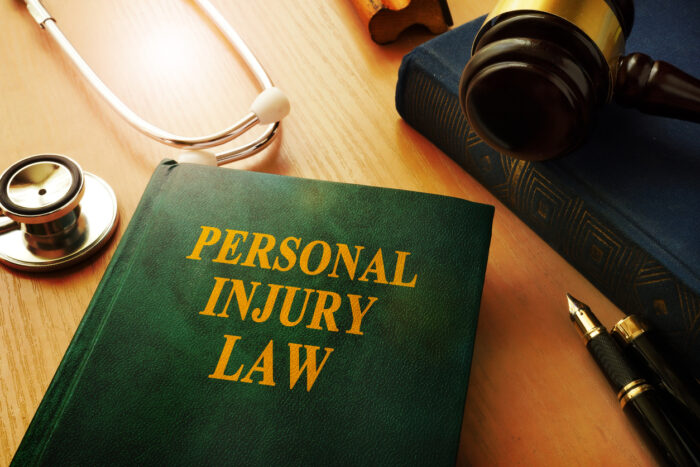
Suffering from a personal injury can be a life-altering experience, and can affect your physical, emotional, and financial well-being. If you have been injured due to someone else’s negligence or intentional act, you may have the right to pursue legal action to seek compensation for your losses. However, before pursuing a personal injury case, it’s important to understand the legal process and what’s involved. In this article, we will cover the key things you need to know before pursuing legal action.
Statute of limitations and filing deadlines

If you are considering pursuing a personal injury case, it’s important to be aware of the statute of limitations and filing deadlines in your state. The statute of limitations is the period of time within which you must file a lawsuit after suffering an injury. The length of the statute of limitations varies depending on the type of case and the state where the injury occurred.
If you miss the statute of limitations deadline, you may be barred from filing a lawsuit and seeking compensation for your injuries. Therefore, it’s important to speak with a personal injury attorney like Franci Neely as soon as possible after your injury to ensure that you meet all filing deadlines.
How to determine if you have a valid personal injury case
To determine if you have a valid personal injury case, you must be able to show that the other party was at fault for your injuries. This typically involves proving the following elements:
Duty of care: You must show that the other party owed you a duty of care. For example, a driver has a duty to operate their vehicle safely and responsibly.
Breach of duty: Show that the other party breached their duty of care. For example, a driver who runs a red light has breached their duty of care.
Causation: Prove that the other party’s breach of duty caused your injuries. For example, if the driver who ran the red light caused an accident that resulted in your injuries, you can show causation.
Damages: This can include medical expenses, lost wages, pain and suffering, and more.
What to expect during the legal process

The legal process for a personal injury case can be complex and time-consuming. After filing a lawsuit, you may need to participate in pretrial discovery, which involves exchanging information with the other party and gathering evidence to support your case.
Depending on the complexity of your case, you may need to attend mediation or other alternative dispute resolution proceedings before trial. If your case goes to trial, you will need to present your evidence and arguments in court, and a judge or jury will decide the outcome of your case.
How to prove liability and damages for seeking compensation for your injuries
There are several ways to do so. Mediation involves working with a neutral third party to reach a settlement agreement outside of court. This can be a less expensive and more efficient way to resolve disputes and can help you avoid the stress and uncertainty of a trial.
Arbitration is similar to mediation but involves a third-party arbitrator who makes a binding decision on the outcome of your case. Arbitration can be a faster and less formal way to resolve disputes but may limit your ability to appeal the decision.
Depending on the circumstances of your injury, you may be able to seek compensation through an insurance claim. This can be a faster and less expensive way to recover damages but may result in a lower payout than what you could receive through legal action.
Prepare for a personal injury case

If you are considering pursuing a personal injury case, there are several steps you can take to prepare:
- Seek medical attention: Your health and well-being should be your top priority. Seek medical attention as soon as possible after your injury, and follow your doctor’s instructions for treatment and recovery.
- Document your injuries: Keep records of your medical treatment, expenses, and other related documentation. This can help support your case and demonstrate the extent of your injuries.
- Gather evidence: Collect any evidence related to your injury, including photographs, witness statements, police reports, and other relevant documentation.
- Consult with an attorney: A personal injury attorney can help you understand your rights and options, and provide guidance and support throughout the legal process.
Negotiating with insurance companies
In many personal injury cases, you will be negotiating with the other party’s insurance company to seek compensation for your losses. Insurance companies are typically focused on minimizing their own financial liability, so it’s important to approach these negotiations with caution and with the help of an experienced personal injury attorney.
Your attorney can help you navigate the negotiations process, and ensure that you receive fair compensation for your injuries. They may work with the insurance company to reach a settlement agreement or take your case to trial if necessary.
The benefits and drawbacks of settling out of court

In some personal injury cases, it may be possible to reach a settlement agreement with the other party outside of court. Settlements can offer several benefits, including a faster resolution to your case and the ability to avoid the uncertainty and expense of a trial.
However, there are also potential drawbacks to settling out of court. Settlements may result in a lower payout than what you could receive in court, and you may be required to sign a release that prevents you from pursuing further legal action related to your injury.
It’s important to discuss the pros and cons of settling with your attorney, and to carefully consider your options before making a decision.
Conclusion
Pursuing a personal injury case can be a complex and challenging process, but it may be necessary to seek compensation for your losses. By understanding the legal process and working with an experienced personal injury attorney, you can build a strong case and seek fair compensation for your injuries. Remember to carefully consider your options, and prioritize your health and well-being throughout the process.











